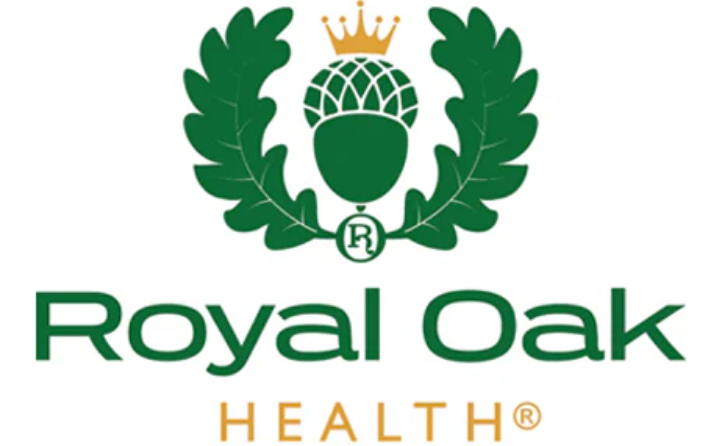There's something about October that just feels heavier. The mornings are darker, your joints feel a bit creakier, and suddenly you're fighting off your second cold in as many weeks. It's not in your head; your body is genuinely working overtime right now.
When summer fades into autumn, we're not just changing our wardrobes.
We're asking our bodies to recalibrate everything from sleep patterns to immune response, often without giving them the tools to do it well.
No wonder so many of us feel a bit flat this time of year.
What's Actually Happening To Your Body at Autumn
Your body loves predictability. It runs on light cues, temperature patterns, and stable routines. When those shift quickly — shorter days, colder air, less time outside — a few things happen at once:
-
Sunlight drops, so your serotonin and melatonin production drops. That affects both mood and sleep quality.
-
You're indoors more, breathing recirculated air. Perfect breeding ground for whatever virus your colleague brought into the office.
-
Cold weather literally tightens up your muscles and connective tissue. Blood flow decreases. Recovery slows down.
-
And your cells — the mitochondria doing all the heavy lifting — have to work harder with less daylight driving the system.
So no, you're not falling apart. Your body's just recalibrating. The trouble comes when we don't meet it halfway with what it actually needs to make that transition smoothly.
Amino Acids in Autumn
Most people don't think much about amino acids, but autumn's a good time to start. When you're less active or recovering more slowly from workouts (or just life), a full-spectrum amino complex gives your body what it needs to actually rebuild.
Something like Royal Oak Health's Full Spectrum Amino Acid covers all 20 aminos — the building blocks for everything from muscle repair to brain chemistry. L-tyrosine, for example, helps with motivation and focus when you're feeling sluggish. Others support immune cell turnover and buffer against stress.
Think of it as maintenance — like changing your oil before winter driving.
Vitamin D: Not Optional Anymore
From October onwards, the UK’s sunlight is too weak for meaningful Vitamin D production which is why supplementation becomes essential.
Vitamin D is far more than a “bone vitamin.” It acts as a hormonal regulator, influencing over 200 genes, including those responsible for:
-
Immune defence — helping T-cells identify and fight pathogens
-
Mood regulation — supporting serotonin activity in the brain
-
Muscle function and balance — reducing fatigue and risk of falls
-
Inflammation control — a key factor in winter aches and pain
Royal Oak Health’s Vitamin D3 with K2 range supports not only optimal D levels but also the safe absorption of calcium, thanks to K2’s role in directing calcium to bones and away from arteries. (Tip: always take Vitamin D3 with food containing fat for best absorption.)
Omega-3: The Inflammation Firewall
If D3 is your stand-in for sunlight, omega-3s are your buffer against inflammation.
Cold weather, stress, and reduced movement can increase inflammation — and omega-3 helps keep it in check.
It plays a vital role in: * Maintaining cell membrane flexibility, crucial for brain and nerve function
Supporting cardiovascular health and healthy lipid balance
Modulating mood and stress response, reducing cortisol activity
Enhancing joint comfort and mobility, which can decline in cold conditions .
Omega-3 also supports communication between neurotransmitters like serotonin and dopamine — the foundation of steady mood and clear thinking through the darker months.
Support your transition naturally — explore our range.
Shop




